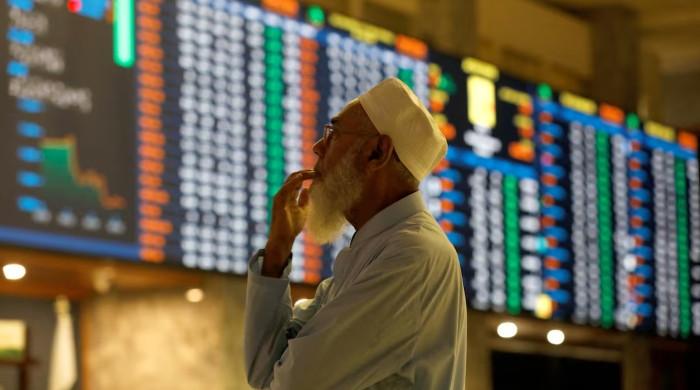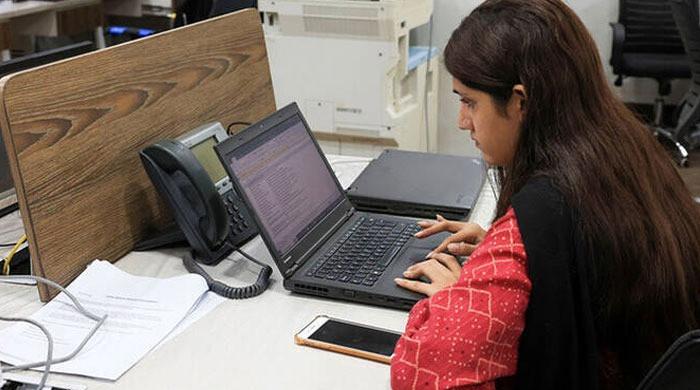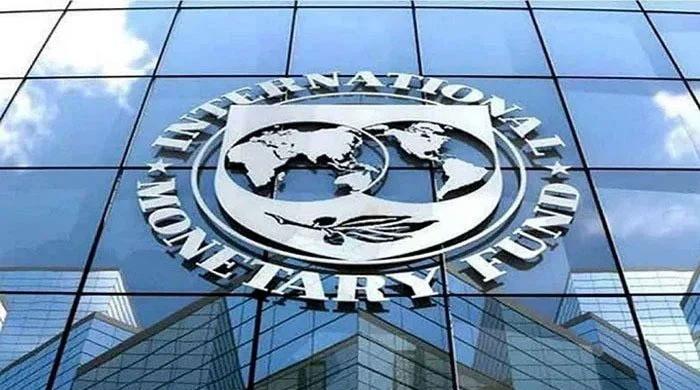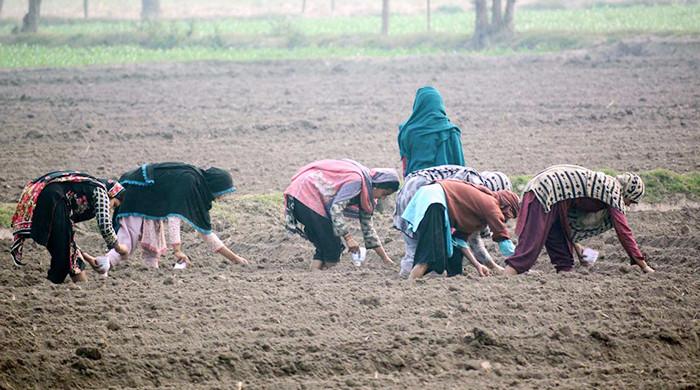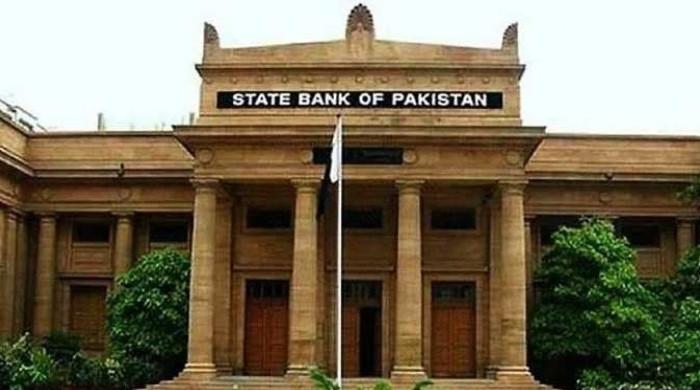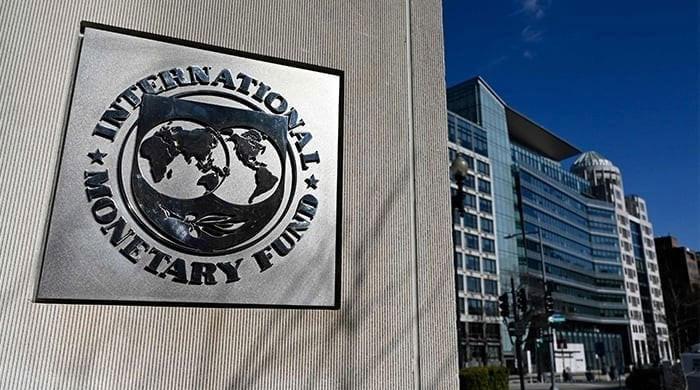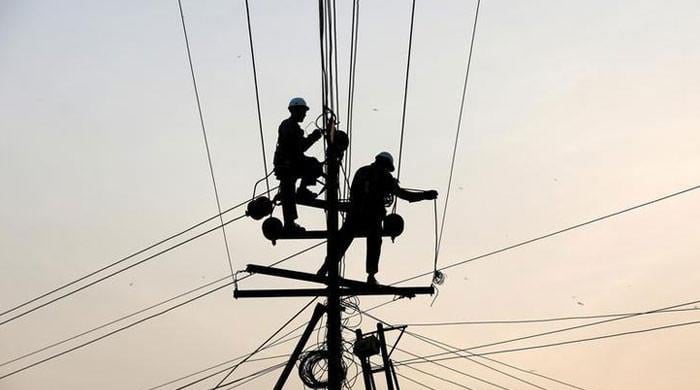Post-budget analysis: Any respite for the poor?
It is necessary that costs faced by farmers are cut down with the expectation that the reduction in costs will result in reduced prices of food for consumers
June 10, 2022
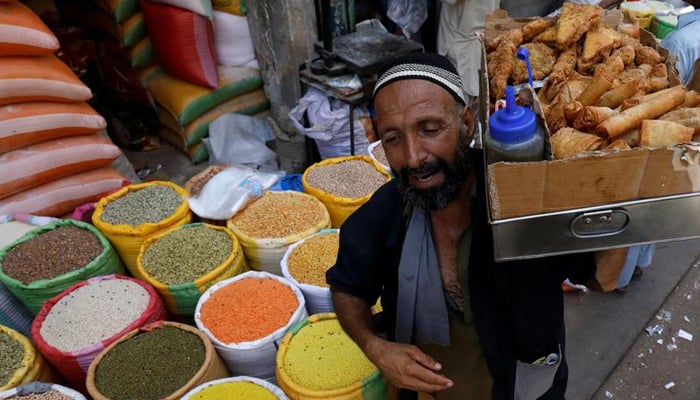
Price inflation in Pakistan has continued to inch higher, as the May 2022 data of the Consumer Price Index (CPI) released by the Pakistan Bureau of Statistics indicated a 13.8% increase on a year-on-year basis. The month of April also witnessed a growth of 13.4% as compared to the same month last year.
Rising inflation is originating from both internal and external factors. The latter of course are also hurting our trade and current account balance.
As per the early information shared by the Finance Division, the fiscal policy measures announced as part of the federal budget for the fiscal year 2022-23 will aim to support the purchasing power of the poor. The aim is to bring down growth in consumer prices to 11.5% - an unambitious target given that this year, this figure is already as high as 11.7%.
The government aims to achieve this through rationalising the burden of withholding taxes which are currently contributing to the inflationary trend.
Read more: Coalition govt unveils Rs9.5tr 'stabilising' budget for FY23
But this alone will not be enough, as the increased cost of doing business is also contributing to inflation. For this purpose, the government promises to revisit the tax liabilities treated as ‘final payments’ which are currently on the higher side and enable ‘minimum tax’ liability as adjustable taxes in the tax return.
The basic threshold of exemption for self-employed will also be enhanced thus protecting those with an annual total income of Rs0.6 million.
For reducing tax-related costs faced by small retailers, a fixed tax regime is proposed and tax will be collected along with electricity bills. This tax cannot be higher than Rs10,000 and will be treated as final tax liability.
On the expenditure side of the budget, there are two avenues where the government could help. The first is the social protection, including disbursements from the Benazir Income Support Programme (BISP), and the other is to augment the capacities of the poor to afford essential food items.
The federal budget promises Rs699 billion for targeted subsidies and Rs1,242 billion to support the expansion of the operations of BISP and Bait-ul-Maal. This step was much expected as in the coalition government, the Pakistan People’s Party had expected the Pakistan Muslim League-N to ensure higher allocations for social protection.
Read more: Will steer country out of 'difficult' time with this budget, PM Shehbaz Sharif assures nation
Subsequently, the allocation for BISP has jumped from Rs250 billion to Rs364 billion for the upcoming fiscal year. To support the food security needs, amid rising inflation, an amount of Rs12 billion is allocated as a subsidy for Utility Store Corporation and Rs5 billion for Ramzan Package.
There are limits to how much a government can support the high cost of food consumed by the poorest.
Targeting of beneficiaries is also seldom perfect and therefore it is necessary that costs faced by farmers are cut down not only to increase their incentives but also with the expectation that this reduction in costs will result in reduced prices for the end consumers.
For this purpose, the budget proposes to withdraw general sales tax on tractors, agricultural implements, and various seeds including wheat, rice, maize, sunflowers, canola, and rice. It is less clear how the other measures announced for agricultural uplift will result in a short-term increase in supplies or a reduction in prices.
For example, Rs21 billion will be at the disposal of the Ministry of Food Security to spend on projects aiming at increasing crop yield and livestock. A sum of Rs11 billion will be spent on the modernisation of the agriculture sector – a task often poorly handled by the public sector as per past evaluations.
'Balanced, stabilising': Experts, businessmen weigh in on budget 2022-23
Food prices are linked with productivity improvements in agriculture. Dependence on agricultural and food imports can be greatly reduced if there is a clear roadmap which supports the production of edible oil and in turn will also require improved cultivation of canola, sunflower, and maize.
For these crops, the increase in land under cultivation will need to be complemented by measures that increase the per acre yield. A focus here is ‘good economics’, as in the longer term it will ensure food security in the wake of growing international commodities price volatility but also enable some food sub-sectors to become consistent exporters.
Small-scale farm activity also faces relatively high energy costs including power shortages. It seems from the budget that the federal government is not in a position to promise immediate respite in this area. Instead, there is an announcement of exempting import and local supply of solar panels from general sales tax.
It is argued in the budget speech that lifeline consumers – using fewer than 200 units of power could obtain loans to purchase these solar panels. In theory, this seems like a good idea, however it is well known that such potential borrowers lack creditworthiness and it is unlikely that even the conventional financial institutions will take a risk on them.
Read more: Tax details of properties
This then calls for introspection by those who are aiming to design innovative and out-of-box solutions in Pakistan’s farm sector and rural economy.
Ahmed is an economist and former civil servant. He tweets @vaqarahmed





